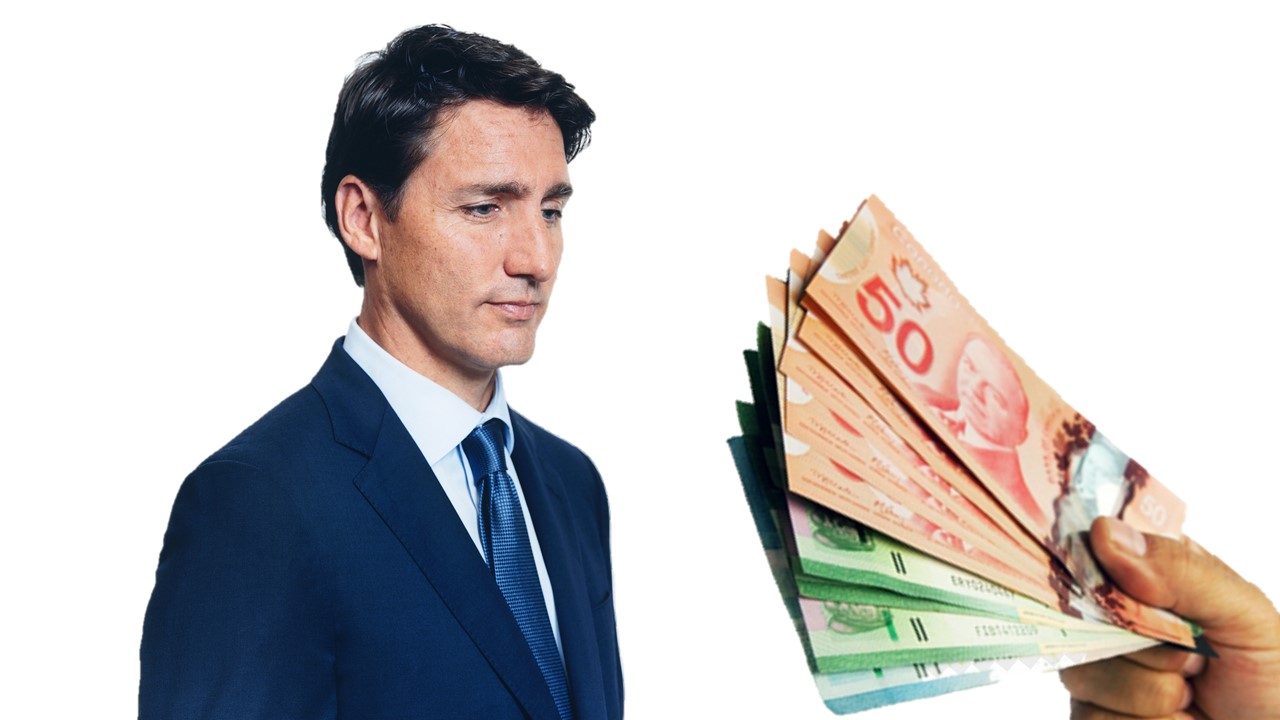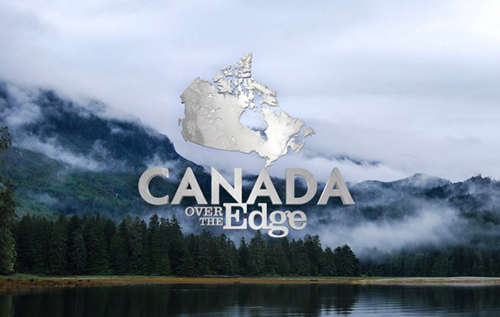In the quest to achieve net-zero emissions by 2050, Canada faces a significant conundrum – the ever-increasing carbon tax. While environmentalists champion it as a means to save the planet, many Canadians are left wondering whether it’s a climate savior or a budget buster. Let’s explore the implications, controversies, and humorous realities surrounding this hot-button issue. More on this below. Keep reading.
Canada’s ambitious goal of achieving net-zero greenhouse gas (GHG) emissions by 2050, championed by Prime Minister Justin Trudeau, is facing a significant challenge. A recent report from New Brunswick sheds light on the formidable carbon tax needed to meet this objective. In this article, we will delve into the details of this report, exploring the implications and controversies surrounding the carbon tax, as well as the potential impact on the economy and everyday Canadians.
Understanding the Net-Zero Challenge in Canada
The report titled “Pathways to Net Zero Greenhouse Gas Emissions in New Brunswick” underscores the urgency of implementing robust and mandatory policies to attain Trudeau’s net-zero vision. Both the federal government and New Brunswick have set their sights on achieving this goal, which essentially means reducing emissions to near-zero levels and offsetting any residual emissions through carbon dioxide removal from the atmosphere.
The report’s findings reveal a substantial gap to reach net zero by 2050, estimated at 6 million tonnes of emissions. This gap underscores the need for stringent and obligatory measures to bridge it effectively. According to the report, such measures would necessitate a carbon price exceeding $350 CAD per tonne by mid-century, or an equivalent suite of regulatory policies with a comparable impact.
The Current State of Carbon Pricing in Canada
Currently, Canadians living in provinces governed by the federal carbon pricing scheme are paying $65 CAD per tonne of carbon emissions. However, the Trudeau government has set an ambitious target of $170 CAD per tonne by 2030. These escalating carbon taxes have raised concerns among the populace, especially considering their impact on household budgets and the broader economy.
Last year, Opinion-Canada reported that Trudeau’s second carbon tax implementation in July imposed an additional financial burden on the average Canadian worker, costing them an extra $1,277 annually. Despite attempts to downplay the economic repercussions, recent reports indicate that food prices are surging at a rate exceeding the headline inflation rate. Essential food items are experiencing price hikes ranging from 10% to 18% year over year.
The Concerns and Criticisms Surrounding Carbon Taxes
Franco Terrazzano, the federal director of the Canadian Taxpayers Federation, has voiced concerns about the potential for further carbon tax hikes. He points out that the federal government has consistently misled Canadians, fueling apprehensions that Prime Minister Justin Trudeau may continue increasing carbon taxes.
Terrazzano vehemently criticizes carbon taxes, labeling them as detrimental to both the environment and the pocketbooks of Canadians. He argues that making daily essentials such as fuel and groceries more expensive does little to reduce emissions globally, especially in countries like China, India, Russia, or the United States.
In his words, “Carbon taxes don’t help the environment; they just make life more expensive.” Terrazzano contends that Trudeau should consider scrapping these taxes to provide genuine relief to Canadians.
Provincial Resistance to Federally Imposed Climate Regulations
New Brunswick is not the only province to resist the federally imposed climate regulations, which some leaders argue exacerbate the hardships faced by Canadians. Premier Blaine Higgs has expressed concerns about the mounting costs associated with these regulations and called for recognition of their impact on everyday lives.
Western provinces like Alberta and Saskatchewan have taken a firm stand, prioritizing the well-being of their citizens over what they perceive as “unconstitutional” demands from the federal government. These provinces stress their economic reliance on industries such as oil, gas, and coal.
The Global Context: United Nations’ Agenda and the World Economic Forum
Canada’s environmental goals align with the United Nations “2030 Agenda for Sustainable Development,” encompassing the phasing out of coal-fired power plants, reducing fertilizer usage, and limiting natural gas consumption in the coming decades. The transition from fossil fuels to renewable energy sources is not unique to Canada; it mirrors a global trend.
The World Economic Forum (WEF), a globalist organization associated with the “Great Reset” agenda, has also advocated for this transition. Trudeau and some members of his cabinet are affiliated with the WEF, further emphasizing the alignment of Canada’s environmental policies with international initiatives.
Hot Take: If only carbon emissions could evaporate as quickly as our wallets when we fill up the gas tank.










